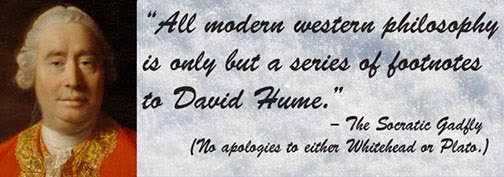However, the researchers then have to follow up on the overhyped recent Public Library of Science report and claim, as does the author of the World Science story, that modern anti-depressants really don’t work:
The drugs, known as Selective Serotonin Reuptake Inhibitors or SSRIs, recently turned out to be largely ineffective.
Boy, that’s wrong in several ways. First, the PLoS story only claimed that antidepressants were relatively ineffective in mild or moderate depression, not all depressions.
Second, the PLoS authors overstated their case. From the study:
On average, the SSRIs improved the HRSD score of patients by 1.8 points more than the placebo, whereas NICE has defined a significant clinical benefit for antidepressants as a drug–placebo difference in the improvement of the HRSD score of 3 points.
That may not be great effectiveness, but it’s nowhere near “largely ineffective.” And, since milder depressions are usually likely to ring up lower diagnostic scores, the numeric steps of improvement, by HRSD scores, that provide relief, will be lesser anyway.
So, perhaps science journalists aren’t so great about writing about depression, either.

No comments:
Post a Comment